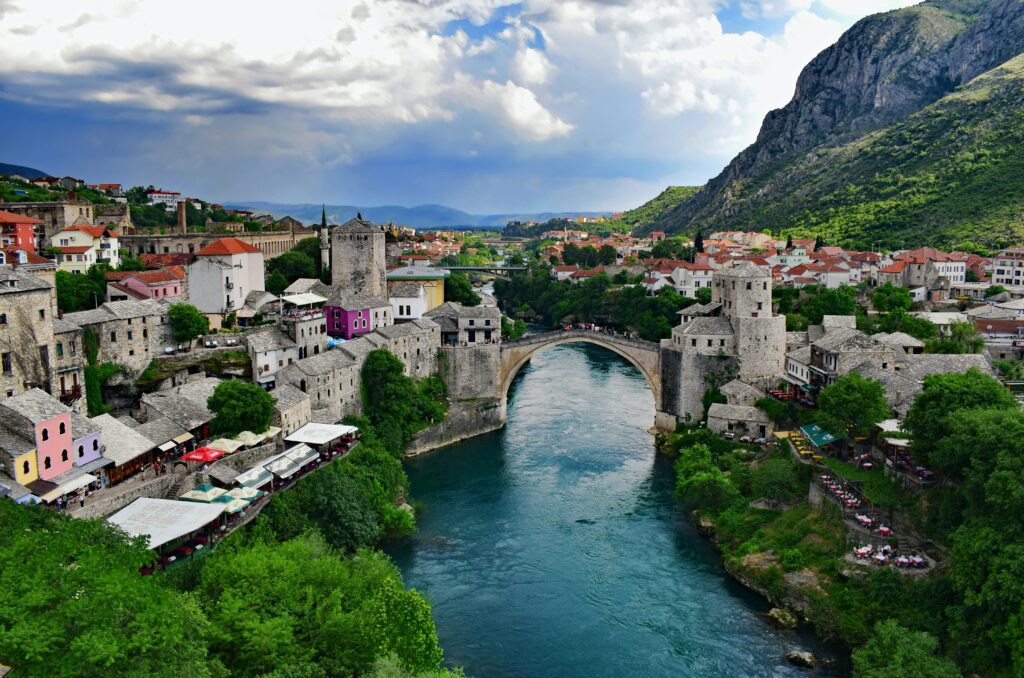Economics and Peacemaking: Northern Ireland

This study examines the economic dimension of the peace process in Northern Ireland. The main finding of the report is that economic disparity was a principal aggravating factor, e.g. in 1985, Catholic unemployment was 14% higher than Protestant unemployment and violence was high. By 2004 the gap had fallen to 3.5% and violence was low. […]
Economics & Peacemaking: Bosnia and Herzegovina

This study reviews the important economic lessons of post-conflict Bosnia and Herzegovina, in particular examining the impact of the political settlement on the post-conflict economy and the hurdles posed by a fragmented and ethnically divided state, the efficacy of the international recovery and reform programme, the consequences of a weak investment and trade strategy and […]
Palestinian Exports: Best Practice

This report, based on a survey carried out by Portland, the Palestinian Federation of Industries and Paltrade, identifies three areas Palestinian companies could best enhance to help reach their full export potential: planning, R&D and marketing. It analyses the export viability of leading export companies across the West Bank, highlighting those with strong management structures, […]
The Role of Business in Peacemaking

This paper, examining lessons from Cyprus, Northern Ireland, South Africa and the South Caucasus, focuses on different peacemaking approaches and specific activities that the business community undertook in each context. It considers what drove business to act and assesses what worked well and where lessons can be learnt for policymakers using economics in peacemaking, part of Portland’s […]
